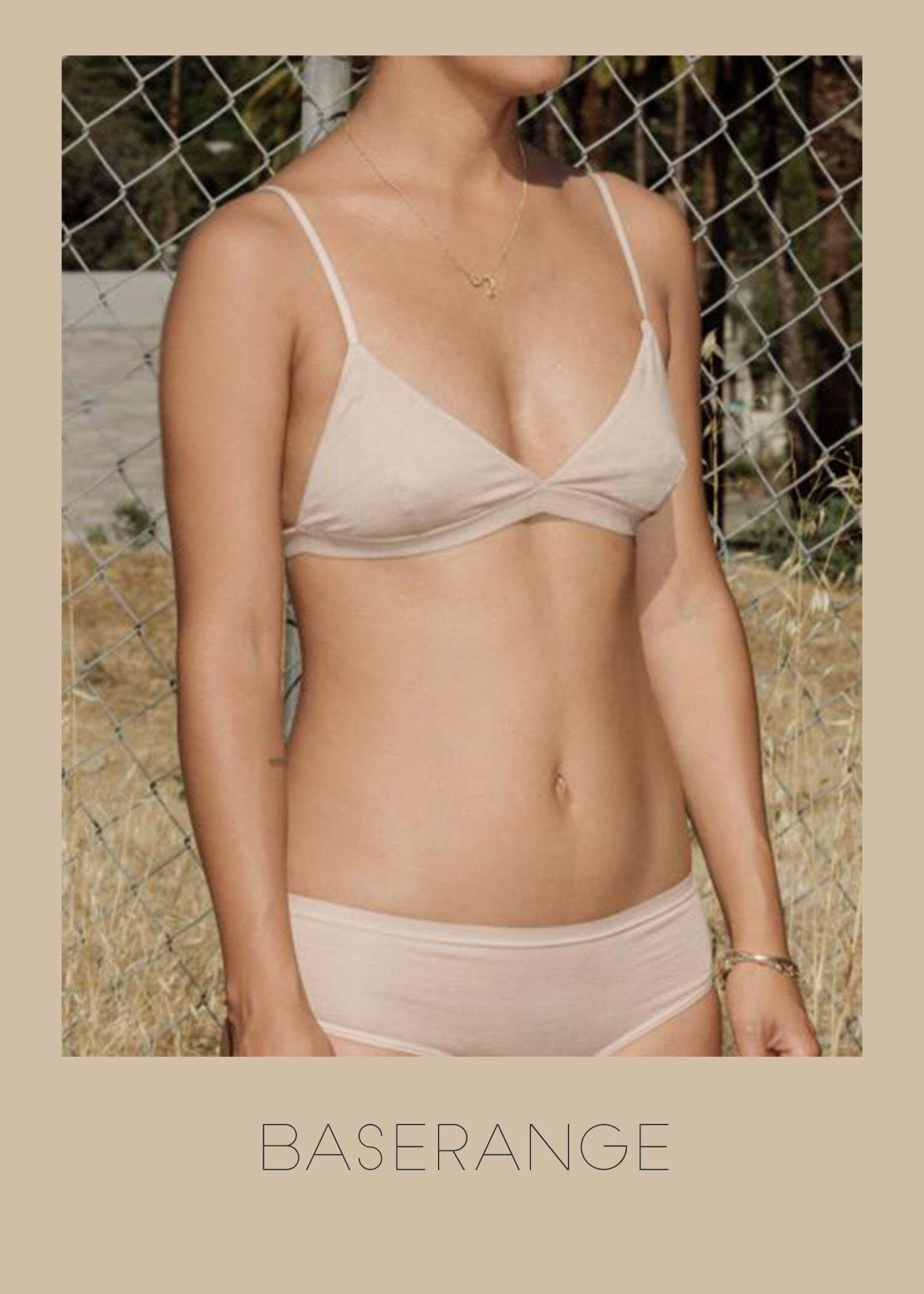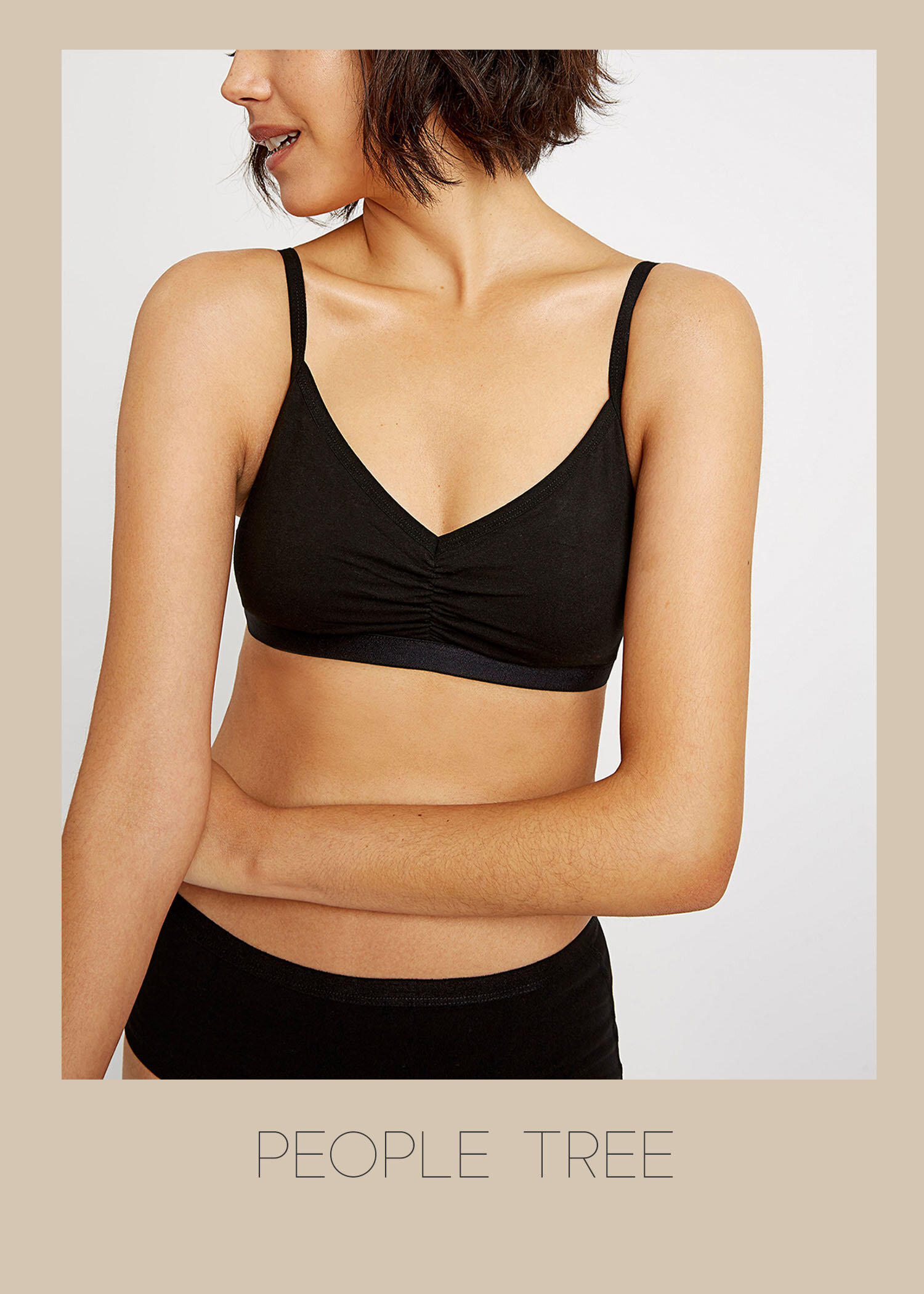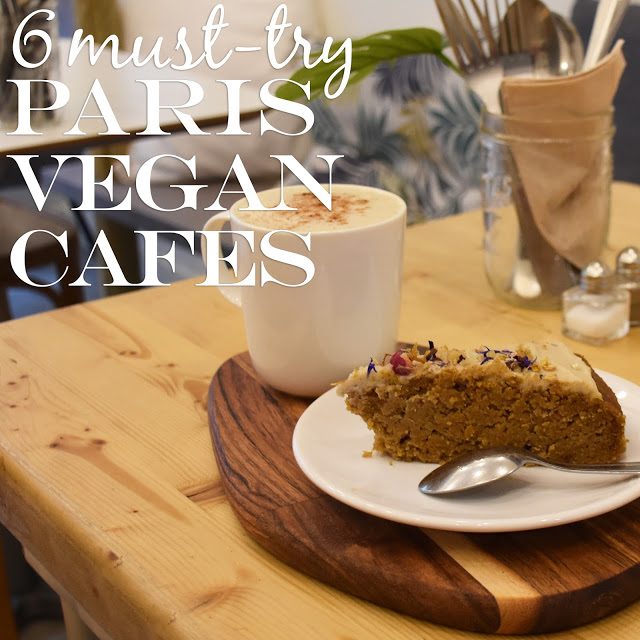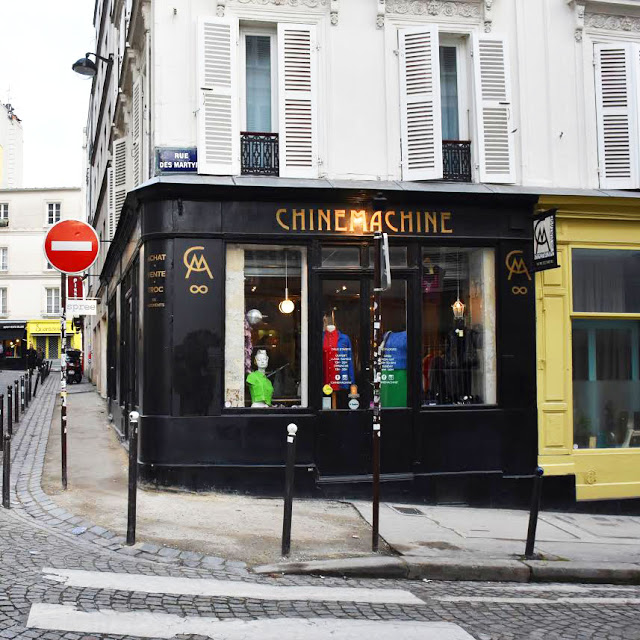eco fashion: ethical basics, briefs + bloomers
/“Nature thrives when there is balance in what we consume and contribute.”
even the birds + the bees wear ‘em! actually, it’s the boys + the girls that are wearing them. well most of us do, and if you’re looking for a pair of eco, ethically-produced + vegan underwear, consider yourself covered. get it?
here we have ten fab sustainable lingerie + underwear labels offering sweet, stylish + sexy choices: with fabrics chosen based on their environmental footprint, durability + longevity. each eco company has vetted and chosen factories that ensure their workplace is free of child labor + forced labor, their workers are in a safe working space, and each worker is paid a living wage.
why should you choose organic cotton and textiles? cotton is a pesticide laden crop. “approximately $2 billion worth of chemicals are sprayed on cotton crops worldwide every year, half of which are designated toxic by the world heath organization.” with these finished fabrics placed directly next to our most sensitive body parts + directly on our skin {the body’s largest organ}, our bodies absorb these chemicals. there are lots of good reasons to choose organic. and ladies looking for safe hygiene products, this one’s for you.
check out the bottom of this post for more information about why it’s important to create a greener, cleaner wardrobe that keeps you and your loved ones, farmers and the garment workers safe and healthy.
alright frisky friends, check out your new favorite basics!
1. amaella lingerie // uk
from co-founders lara + julie: amaella is made by people we know and care about using the finest quality gots organic cotton and free from toxic chemicals. at amaella, we are about carefully crafting timeless classics that you will love for ever. we are proud to be running a social enterprise with the mission of encouraging ethical practices in the fashion industry by making our clothes using sustainable and ethical sources. we want to bring some patience into our impatient world – a world in which customers see clothes as disposable.
materials: organic cotton // designed in the u.k., made in the u.k. + portugal
2. baserange // denmark + france
from co-founders marie-louise + blandine: founded in 2012, baserange is a line of modern basics with an emphasis on clean lines and easy silhouettes. the company utilizes both natural fibers and recycled content. baserange believes that a commitment to clean production will minimize environmental impact and benefit both the producer and the user.
materials: bamboo + organic cotton // designed in toulouse + copenhagen, made in porto + odemis
3. liass // new york
from founder emelie: growing up in scandinavia, nature, and sustainability has always been close to home. it’s important for us to create with nature and our future in mind. we strive to leave as little impact on nature as possible and encourage our customers to do the same. we have thoughtfully sourced our fabrics from u.s.-based suppliers with similar values to our own.
materials: organic cotton, soy fibers derived froom production waste {made from soybean hulls} + recycled polyester // designed in nyc, made in new york in a women-owned factory
4. olly lingerie // france
from co-founders clémentine + mathilde: an eco-conscious underwear line inspired by a simplified and mindful every day. we imagined the lingerie of our dreams: pretty, comfortable and above all, eco-responsible. at olly, we are convinced that every woman has the right to wear lingerie that takes care of her body. olly uses gots certified organic cotton and nontoxic oeko-tex certified dyes.
materials: organic cotton // designed in france, made in hungary
5. people tree // uk
from founder safia: a pioneer in sustainable fair trade fashion, our story started in 1991. we launched our first fashion range to meet the global organic textile standard certified by the soil association and were the first fashion company to be awarded the world fair trade organisation product label. these certifications guarantee people tree’s dedication and compliance to the principles of fair trade, covering fair wages, good working conditions, transparency, environmental best practice and gender equality. {editors’s note: be sure to read safia minney’s slow fashion books slave to fashion + naked fashion}
materials: organic cotton // designed + made in the u.k.
6. pico // uk
from founders phoebe + isobel: pico produces essential, everyday goods, which can be traced right back to the source. we began with the first things to be put on in the morning - super soft and simple, everyday underwear. we work directly with a small fairtrade factory in southern india, using organic cotton sourced from fairtrade farmers’ cooperatives. underwear for men & women.
materials: organic cotton // designed in the u.k., made in india
7. underprotection // denmark
from stephan + sunniva: we love women, all kinds, all sizes and our goal is to make you feel as beautiful and comfortable as possible. We use sustainable materials and support fair working conditions as fair wage is a human right. we have set out to challenge the conception of what sustainable fashion can be, and each season we will prove to you that it really can be everything we wish for! We want to make a difference by giving our customers the possibility to combine ethics and aesthetics when shopping.
materials: banana leaf fiber, recycled polyester, lyocell and organic cotton // designed in denmark, made in india
8. organic basics // denmark
from alexander, mads f.r., cristoffer, mads h.r.: our number one rule for making clothes is to design everything to last. that means investing in quality fabrics and workmanship - but it also means designing with simplicity and function in mind. we only work with trusted, certified factory partners - these are the good guys. they have the same sustainable vision as us - and follow it through by continuously reducing their environmental footprint. underwear for men + women.
materials: organic cotton, recycled nylon + silvertech // designed in denmark, made in turkey, portugal, austria + italy
9. woron // denmark
from sustainable sister duo arina + anya: vegan underwear and fashion favorites that will stay in your wardrobe season after season. our aim is to create the lingerie pieces that will be the first thing you want to put on and the last thing you take off! it is comfort without sacrificing feminine shaping, fashion or style - and style without sacrificing sustainability. we are very passionate about our work and it is very important for us to feel good about every step we take. we are sustainably conscious from the crafting, to the handling of each product and finally to the timeless design that can stay in your wardrobe season after season - year after year.
materials: organic cotton + modal // designed in copenhagen, produced in hungary
10. pansy // california
from laura + rachel: pansy is an organic cotton underwear company. born from a need for comfy dreamy ethical undies, their organic cotton is grown and milled domestically and their underwear are designed and sewn locally. our products are made entirely of organically grown natural fibers and sewn in california without a sweatshop in sight. they are dyed without the use of toxins and made with lots and lots of love.
materials: organic cotton // designed + made in the usa
wear fair, wear organic
{don’t forget the tip} “farmers’ exposure to herbicides, fertilizers, pesticides, and growth regulators have caused occupational illnesses and pesticide poisonings that amount to 3 million cases per year, resulting in twenty thousand poisoning deaths. not only to the workers and the farmers directly exposed to these chemicals suffer, but the land also accumulates these toxins.
“the result is soil toxicity, which makes growing crops harder and releases chemical run-off into our waterways. in addition, the textile industry affects the quality of the soil, as farmers try to keep up with demand and plant the same crop season after season, depleting biodiversity and natural crop rotation integral to soil health.”* land is a precious resource that we, as citizens, need to protect.
our demand for more goods equals a greater strain on our earth, depleting a precious resource and poisoning both water + air. remember, eco boys + girls, our everyday choices, decisions + buying habits have lasting effects. if you don’t need it, don’t buy it. and if you’re ready to buy, buy clean, green options like those listed here today.
looking for more options? here are two great eco roundups from my green closet + curiously conscious.
until next time, stay green dear hearts!

































































!["since the outbreak of covid-19, we have seen the devastating impact of fashion brands' purchasing practices, such as cancelled orders and delayed payments, on some of the most vulnerable workers in the [garment industry] supply chain.
the vast](https://images.squarespace-cdn.com/content/v1/5a542a39bff200360146681d/1587760602053-771QUODRHY8D2UVTWTOL/image-asset.jpeg)

































